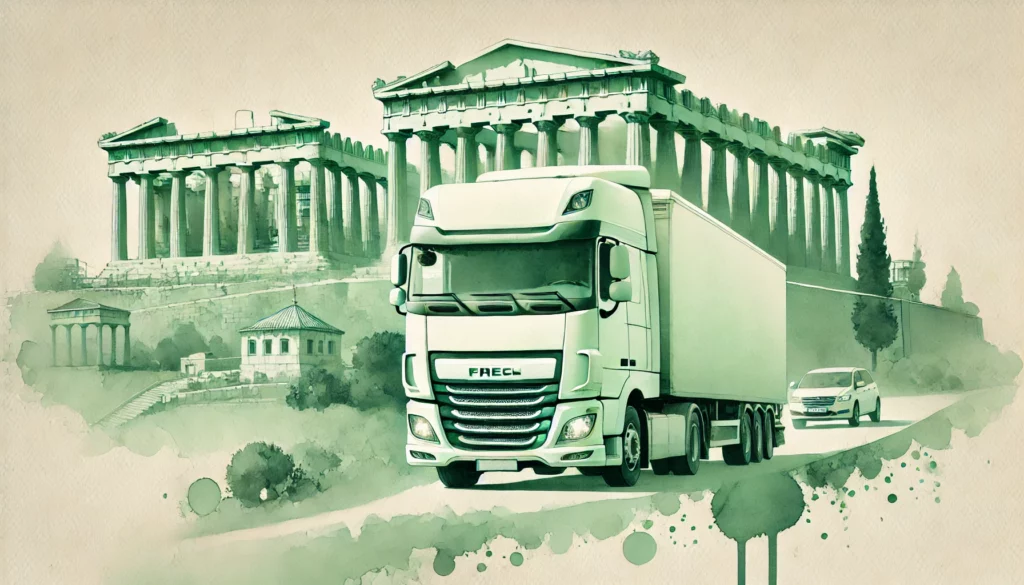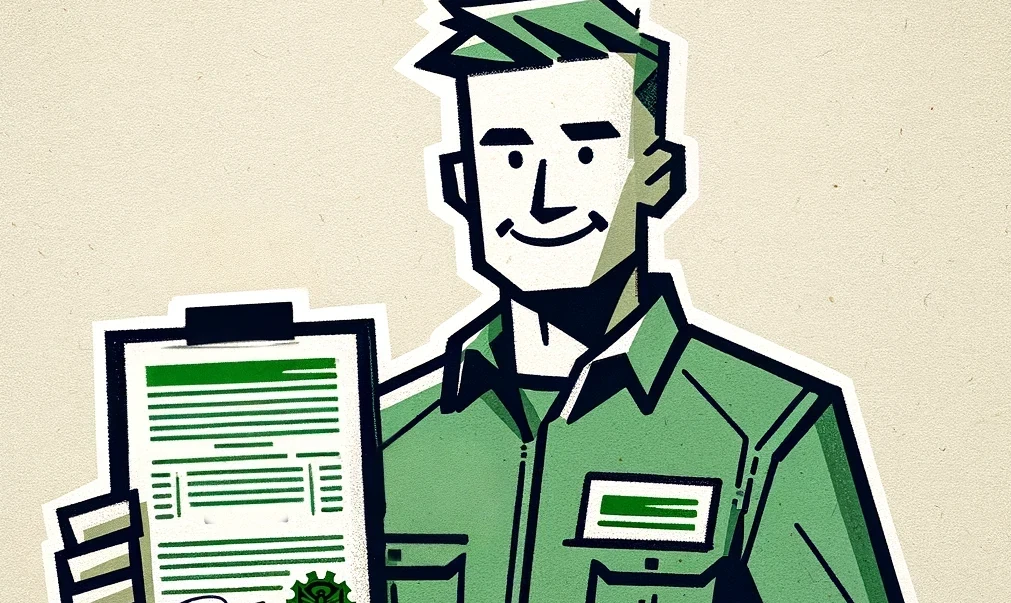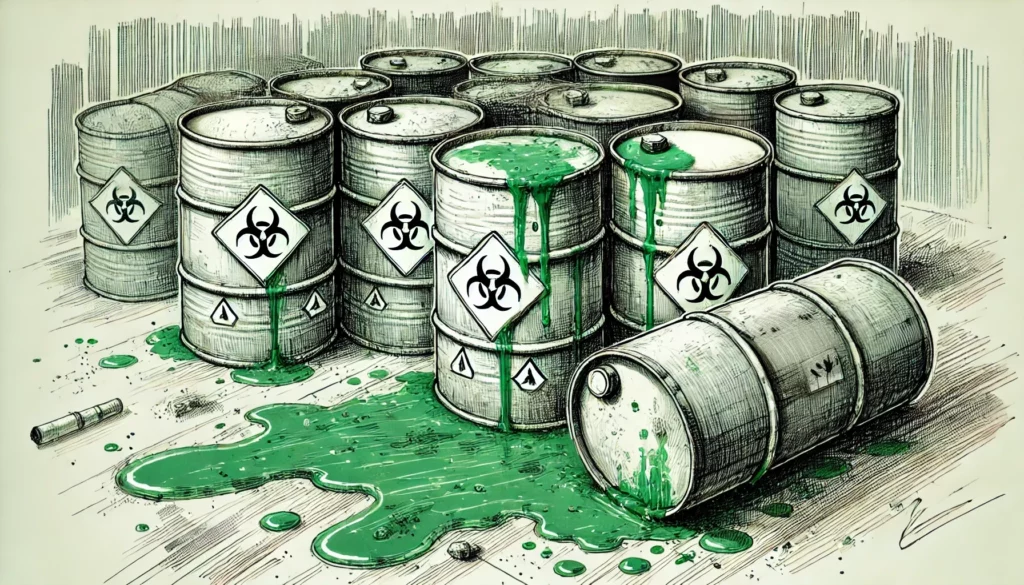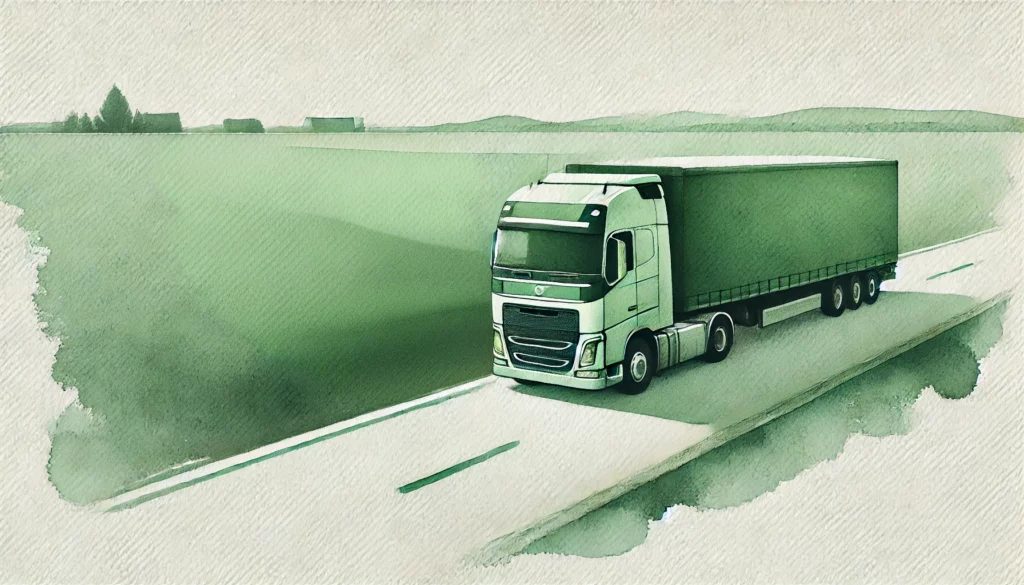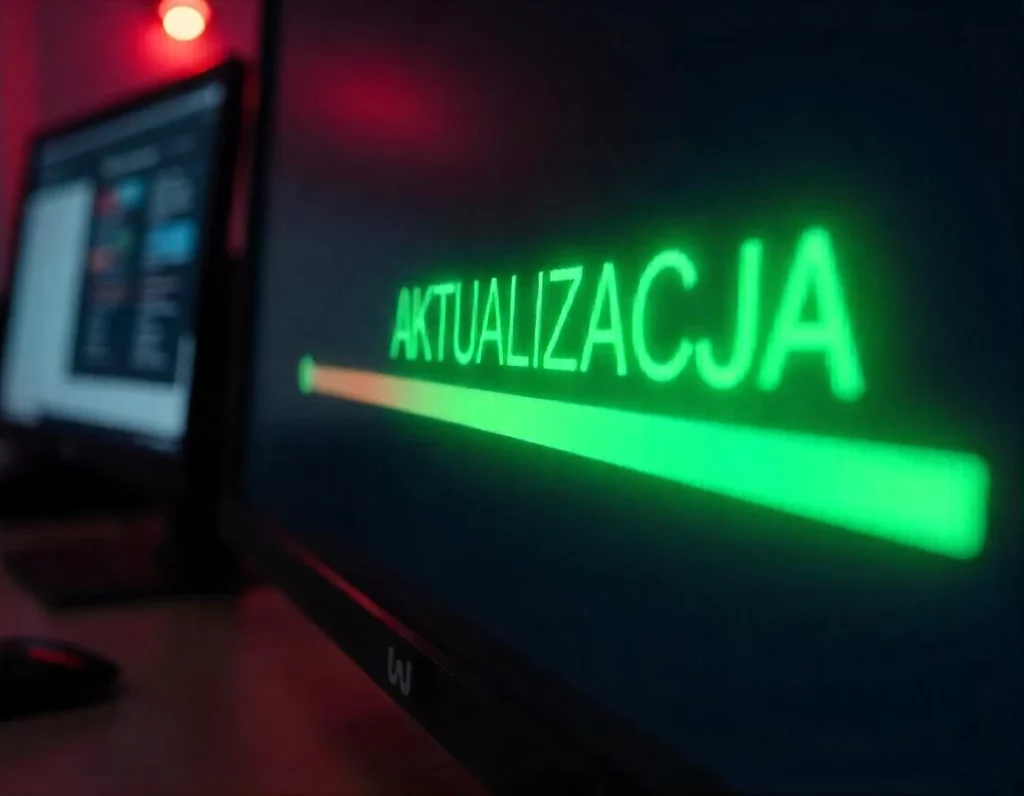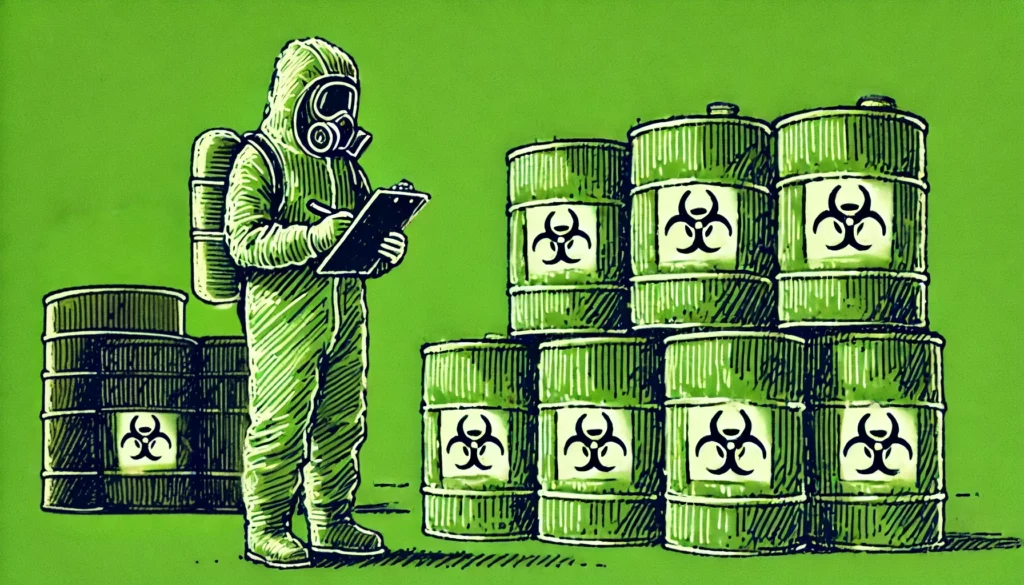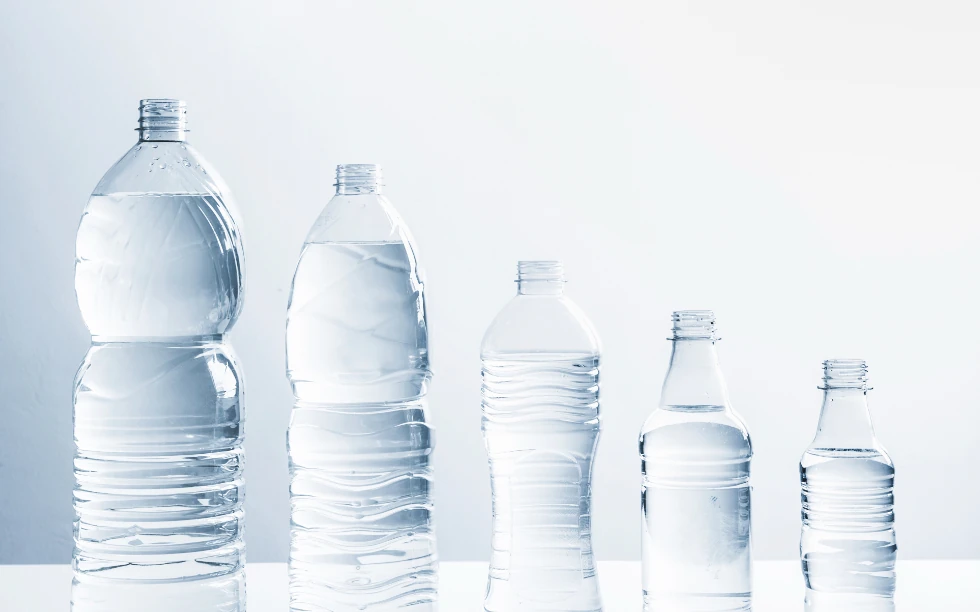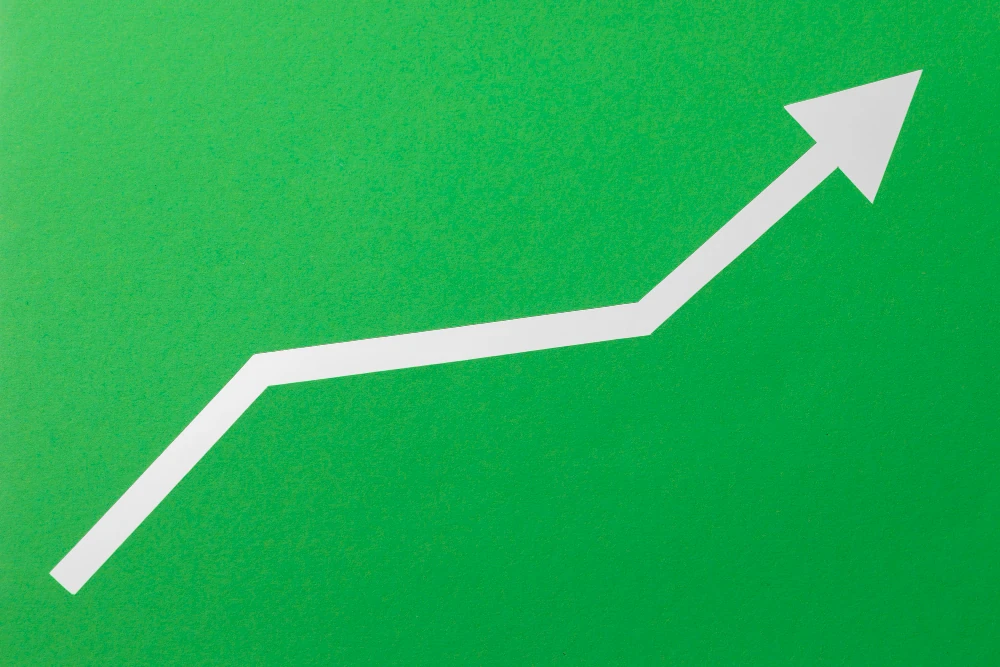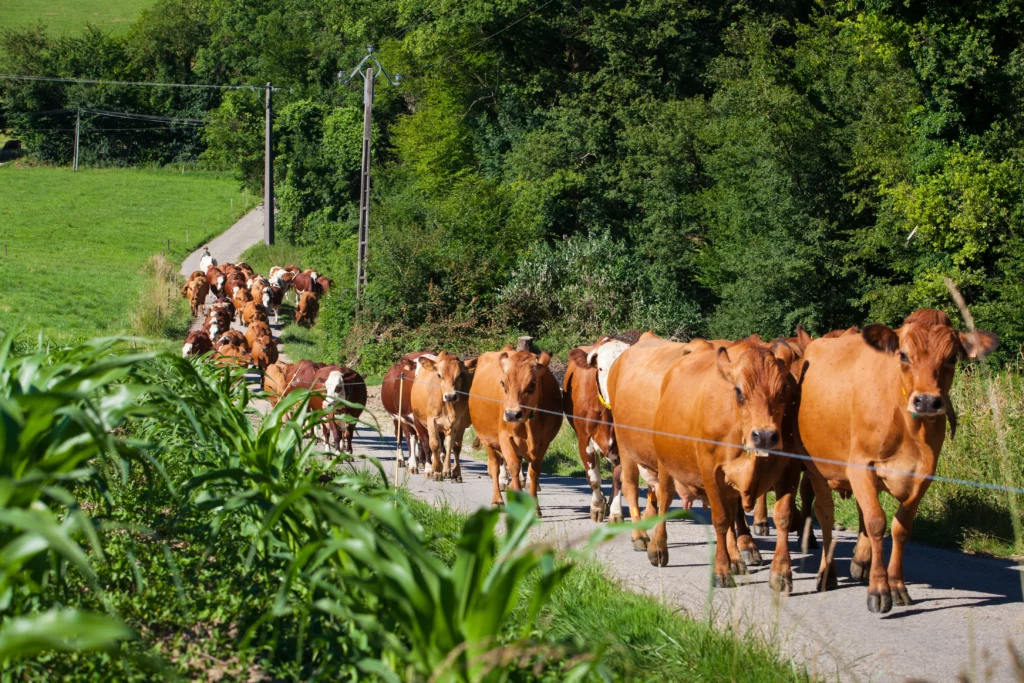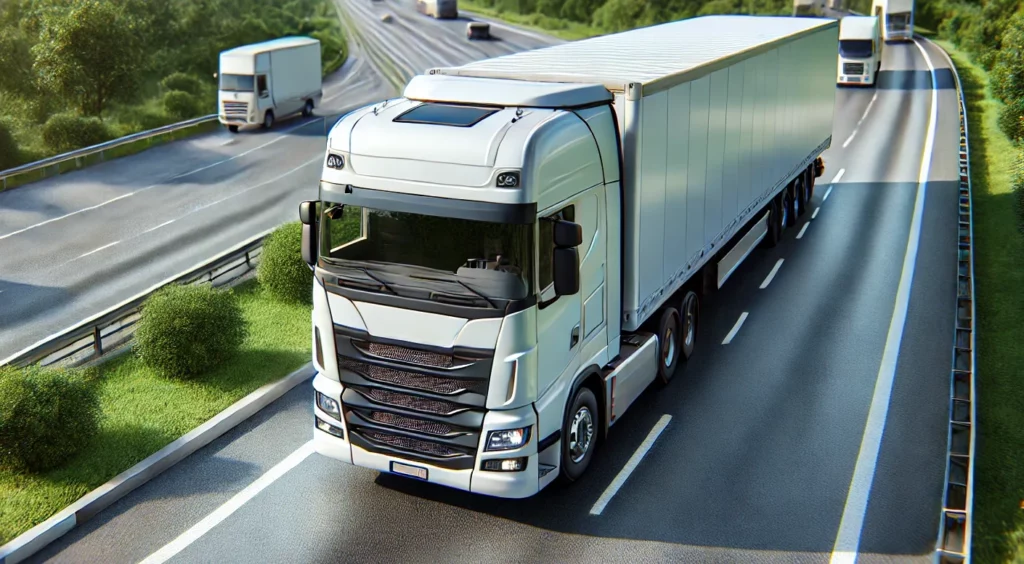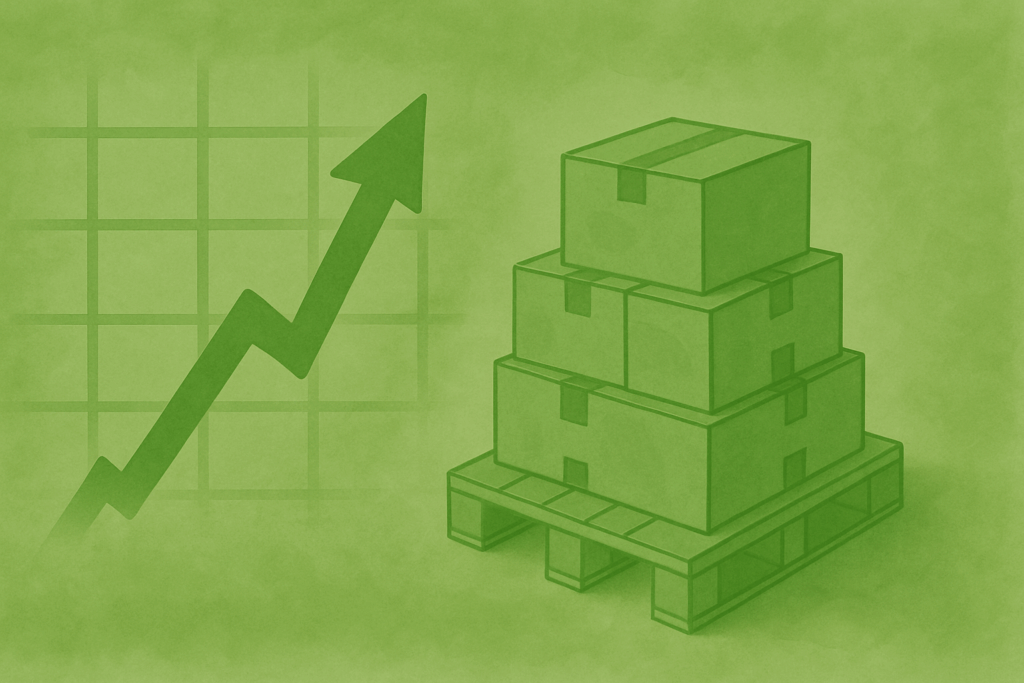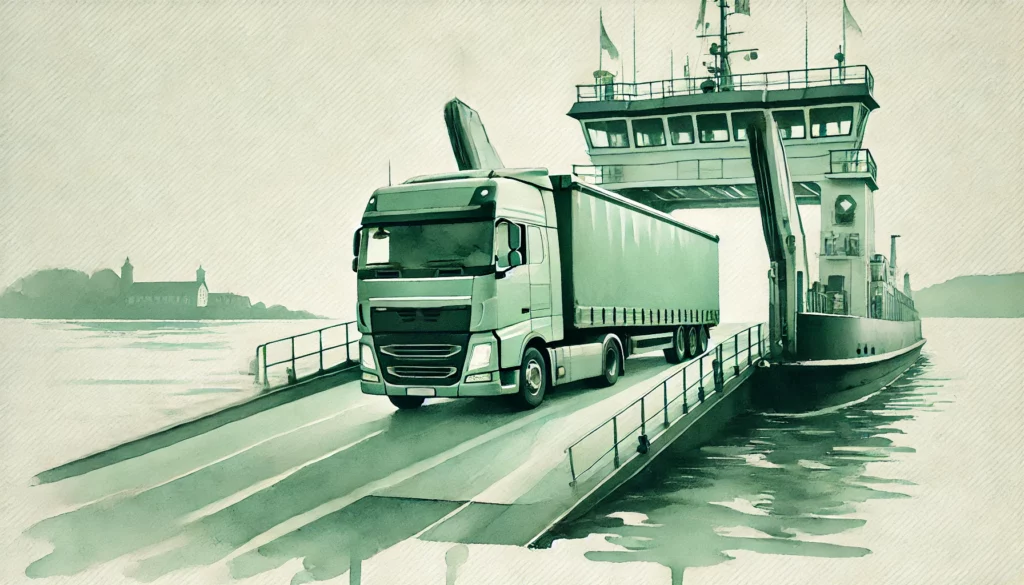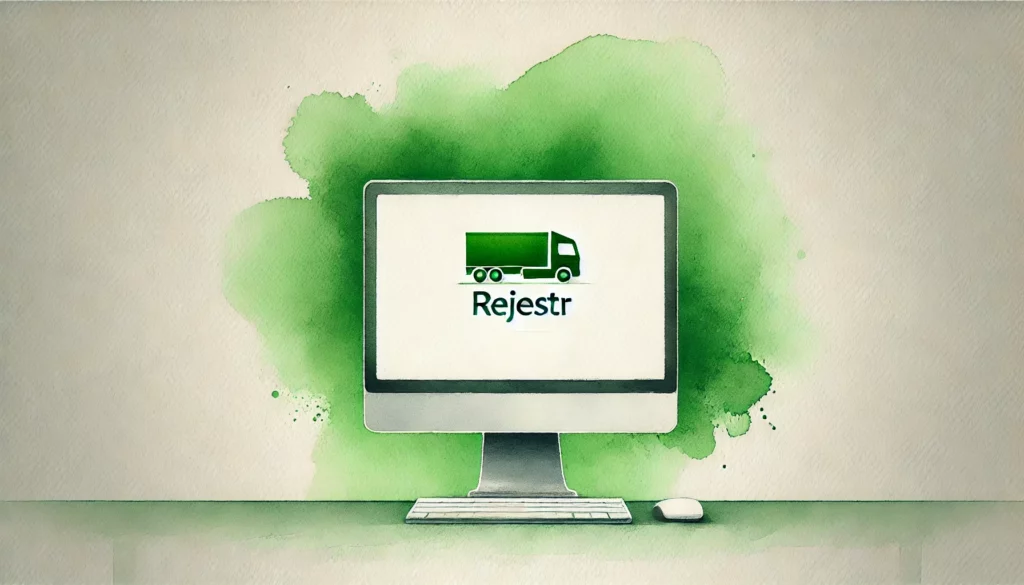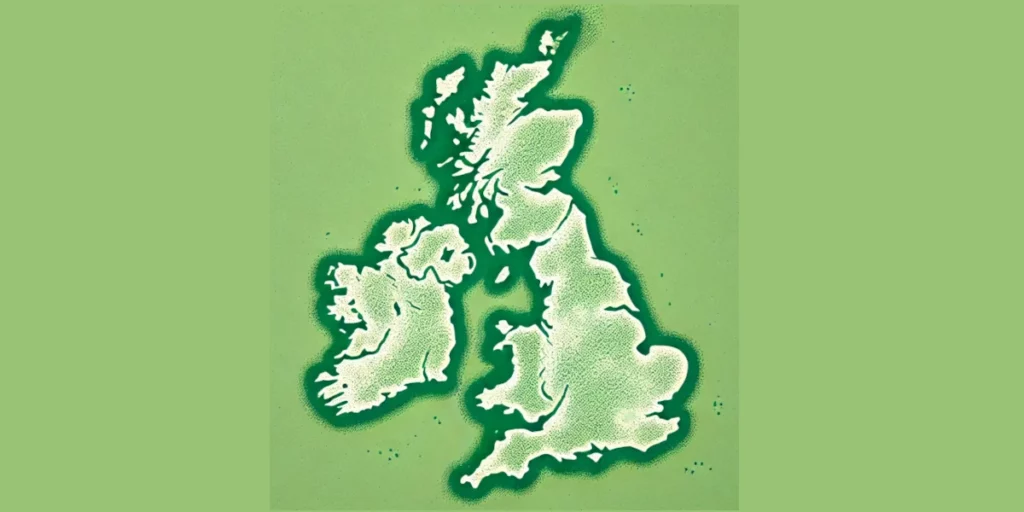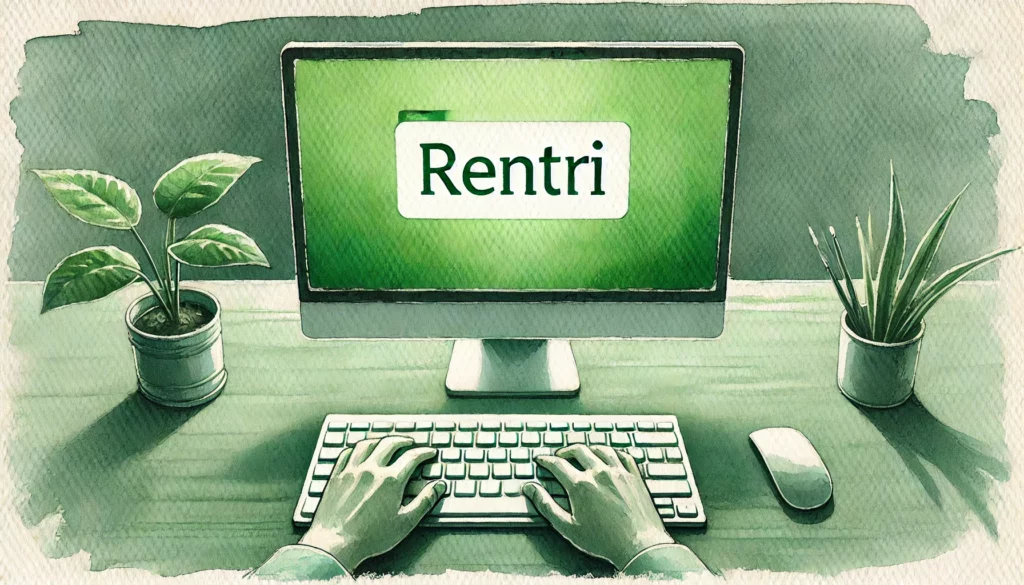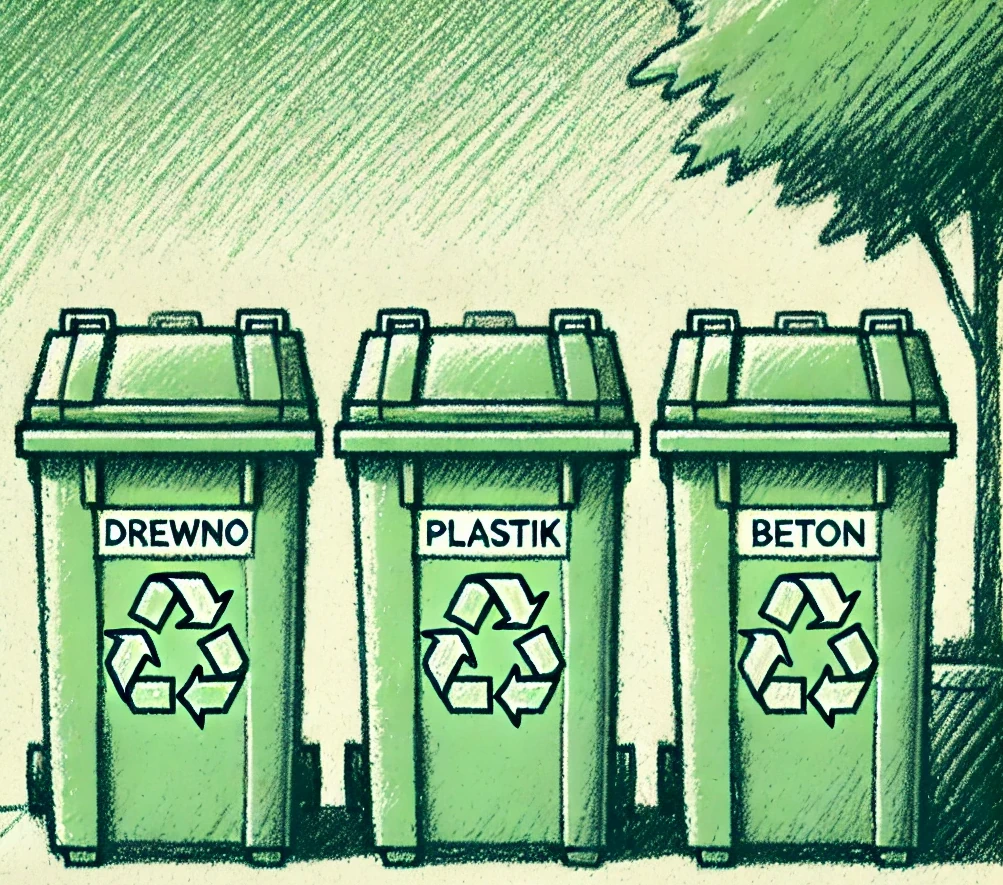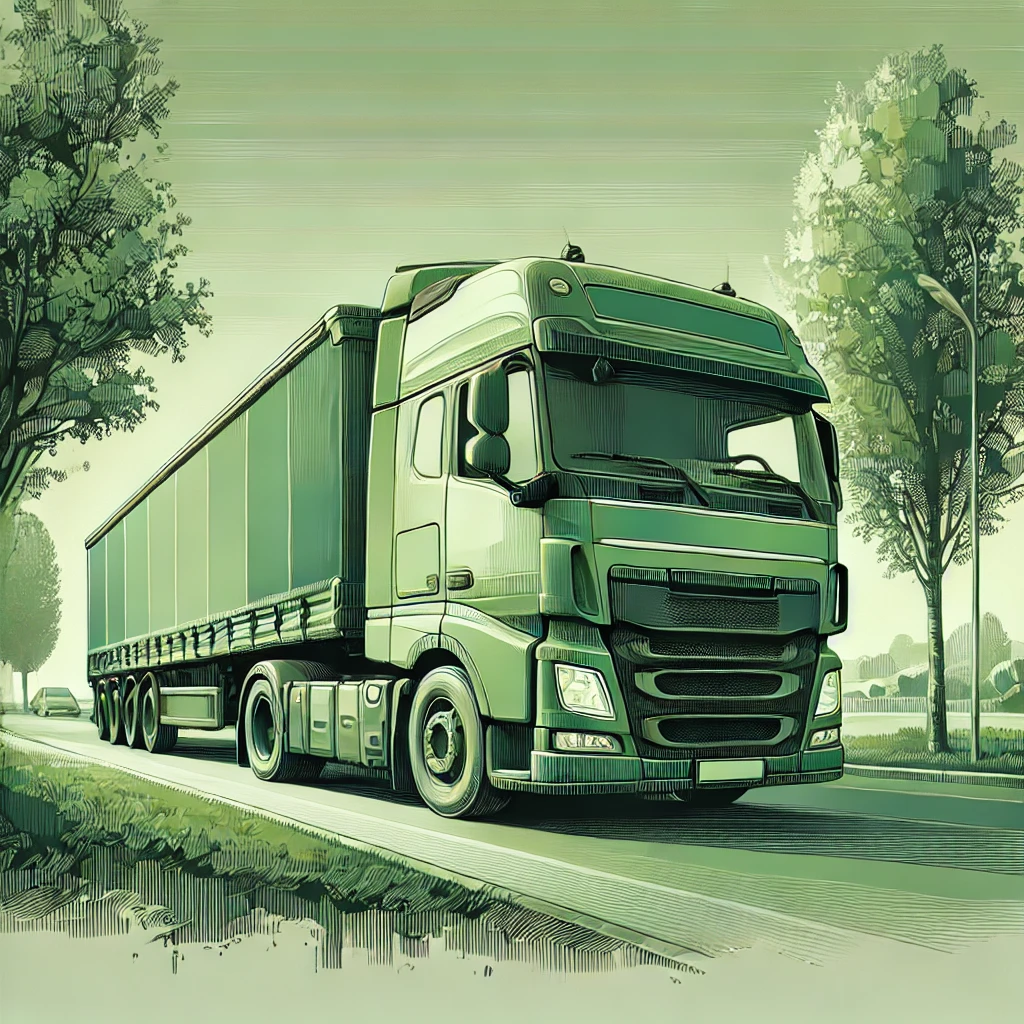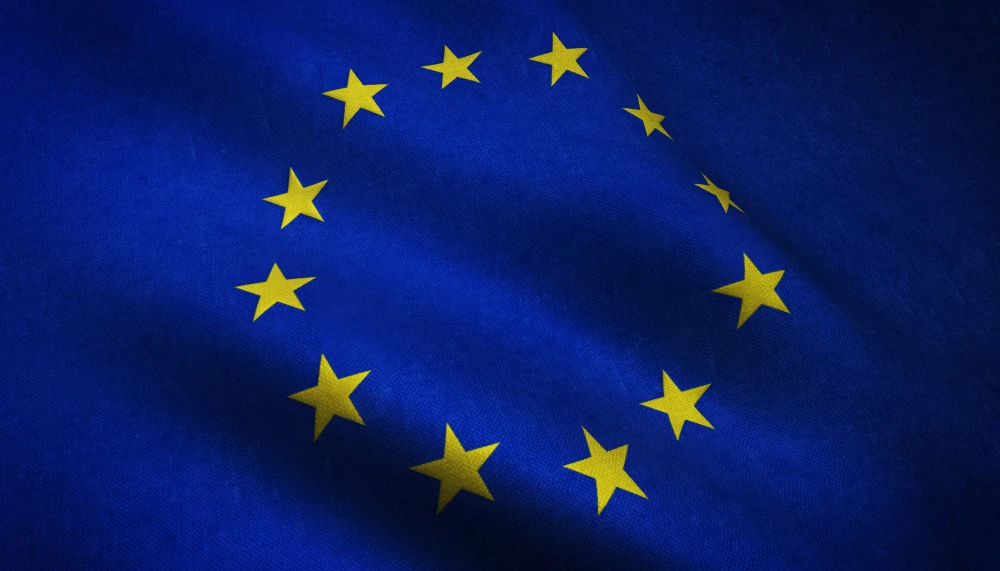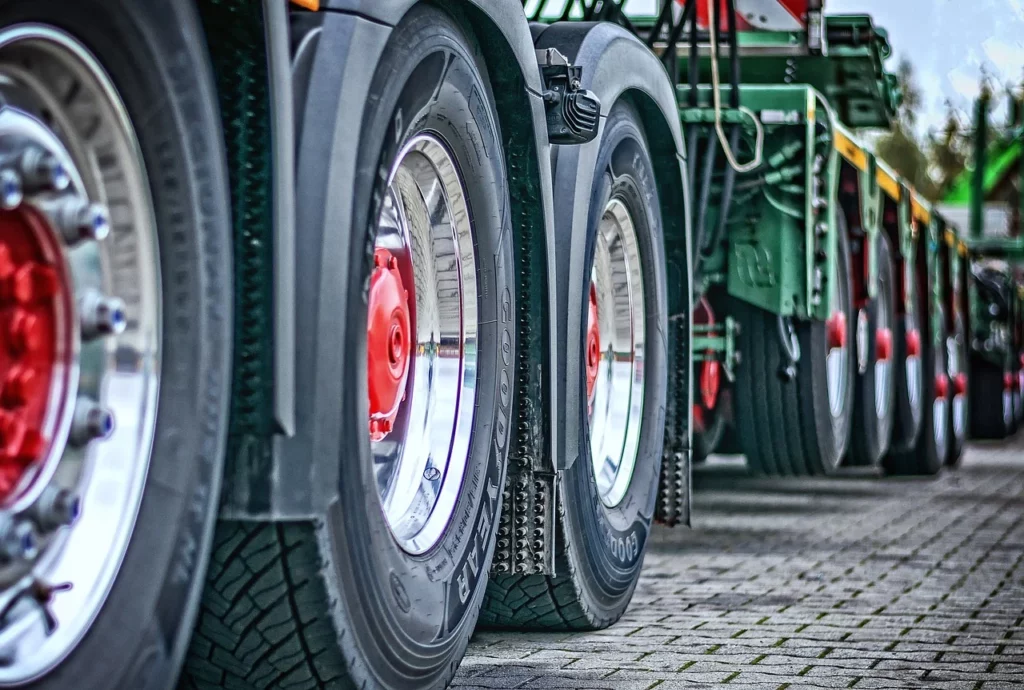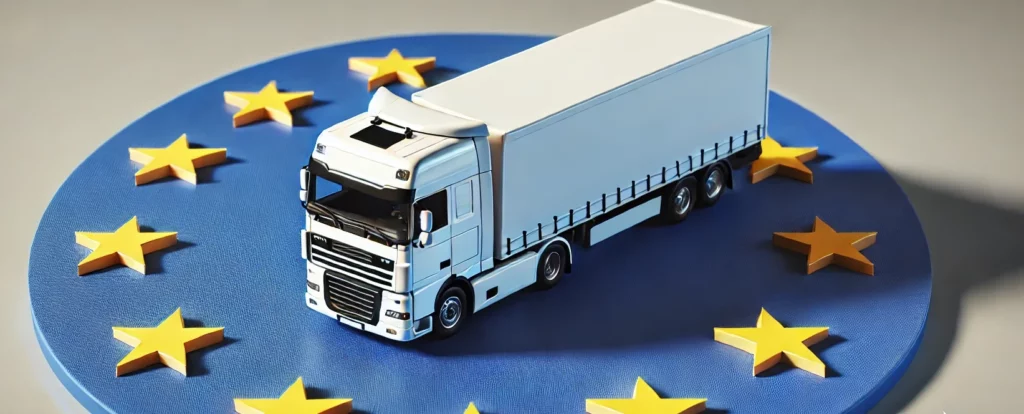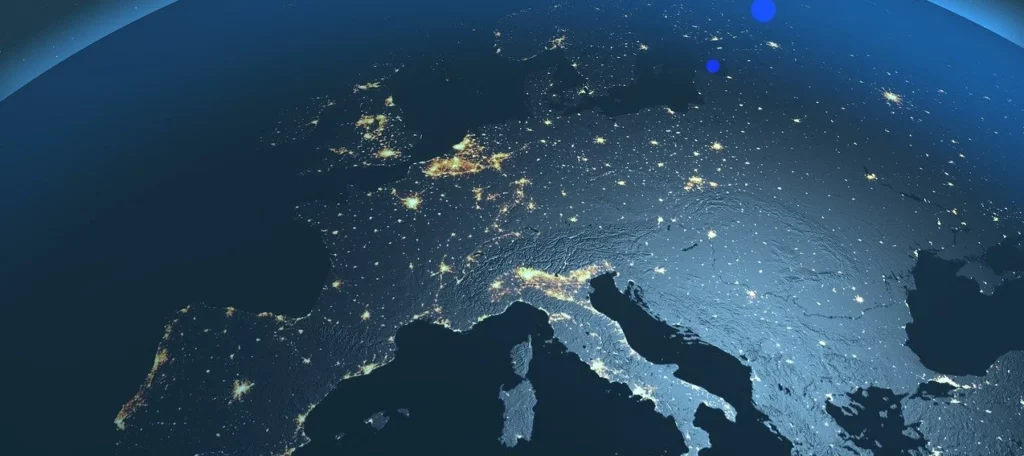Our Blog
Worth attention
Collection of biowaste for recycling - comprehensive and trouble-free
In light of the European requirements for a circular economy, biowaste has gained strategic importance. Their effective management not only relieves landfills, but recovers natural resources, reduces greenhouse gas emissions and promotes raw material independence. In this article, we take a closer look at the scale of bio-waste production in Poland, the main sources of bio-waste, the challenges of industrial management and the opportunities for re-use. According to a report by the Central Statistical Office (GUS) entitled Housing and municipal infrastructure in 2021, the amount of bio-waste produced by a statistical Pole increased from 4.7 kg in 2010 to as much as 48.5 kg in 2021. In 2021 alone, more than 13 million tonnes of ...
Our Blog
Business and investment
Waste transport in cabotage in Spain. What is the NIMA number?
Spain is one of the key countries for European waste logistics. It has an extensive recycling and sorting infrastructure, which attracts hauliers from all over the European Union. However, transporting waste within this country, when carried out by a non-Spanish company, involves a number of formal requirements. In this article, we outline the rules for waste cabotage in Spain. What is waste cabotage and what regulations govern it? Waste cabotage is a national transport carried out by a foreign haulier. This is regulated by Regulation (EC) No 1072/2009 of the European Parliament and of the Council. According to it: In addition, in order to carry out waste cabotage in Spain, any foreign haulier must...
Our Blog
Close to people
Mercury dispute. An EU step in the right direction
The European Union has decided on dental amalgam: it has banned its use in children, pregnant women and nursing mothers. Mercury still remains Unfortunately, mercury will be with us for years to come. But there will be much less of it. Much now depends on the individual EU Member States. It remains to be seen whether the health of their citizens is important to them. For the time being, the European Union has banned the use of amalgam in those most exposed to toxic heavy metals - children, pregnant women and breastfeeding mothers.Hanna Schudy Decisions at EU level European civil society influenced in early December a preliminary agreement between the European Parliament, the European Commission and the Council of the Union...
Our Blog
Eco Poland
Waste records - consequences of non-compliance
In previous articles, we have discussed the most common waste recording errors and the principles of correct record-keeping. This time we will focus on the consequences of failing to comply with the record-keeping obligation. We will also look at errors in record-keeping or the deliberate avoidance of responsibility relating to waste record-keeping. Understanding these issues is crucial for any business operating in the waste management industry. Need help with waste records? Contact us j.blazewicz@ekologistyka24.pl , +48 500 867 153 Waste records - the most common offences Administrative penalties - waste records Waste records - criminal liability for errors and omissions Can you go to prison for errors in records or other documents related to...
Our Blog
Eco World
Transporting hazardous waste without a permit - why is it a bad idea?
The transport of hazardous waste can only be carried out by companies that have special permits. But what if such a document is missing? Or when a company takes a conscious risk of delivering this type of waste illegally? Contact regarding hazardous waste transport permits e.nadolna@ekologistyka24.pl , +48 881 045 376 j.blazewicz@ekologistyka24.pl , +48 500 867 153 Why is it a bad idea to transport hazardous waste without a permit? Transporting hazardous waste without an appropriate permit violates national and international regulations, such as the European ADR Convention (concerning the carriage of dangerous goods by road). Such activities carry numerous risks: Penalties for not having a permit for transporting hazardous waste in different countries As a transporter...
Our Blog
Eco Transport
The waste crisis in Greece and the growing role of waste transportation
Greece, like many other European countries, is facing the challenge of modernising its waste management system. In recent years, a number of reforms have been introduced to increase recycling efficiency, reduce landfill and align with EU directives. A key element of this system is waste transport, which must meet certain legal and environmental requirements. It is worth noting that Greece, like Italy, is a country with a unique archaeological heritage. The presence of buildings from ancient times not only adds to the tourist attraction, but also affects the way the waste system is organised. The need to protect archaeological sites hinders the expansion of modern waste treatment facilities and limits the possibilities for storage in many locations. The current state of ...
Our Blog
Waste
Collection of biowaste for recycling - comprehensive and trouble-free
In light of the European requirements for a circular economy, biowaste has gained strategic importance. Their effective management not only relieves landfills, but recovers natural resources, reduces greenhouse gas emissions and promotes raw material independence. In this article, we take a closer look at the scale of bio-waste production in Poland, the main sources of bio-waste, the challenges of industrial management and the opportunities for re-use. According to a report by the Central Statistical Office (GUS) entitled Housing and municipal infrastructure in 2021, the amount of bio-waste produced by a statistical Pole increased from 4.7 kg in 2010 to as much as 48.5 kg in 2021. In 2021 alone, more than 13 million tonnes of ...
Our Blog
Recycling
Collection of biowaste for recycling - comprehensive and trouble-free
In light of the European requirements for a circular economy, biowaste has gained strategic importance. Their effective management not only relieves landfills, but recovers natural resources, reduces greenhouse gas emissions and promotes raw material independence. In this article, we take a closer look at the scale of bio-waste production in Poland, the main sources of bio-waste, the challenges of industrial management and the opportunities for re-use. According to a report by the Central Statistical Office (GUS) entitled Housing and municipal infrastructure in 2021, the amount of bio-waste produced by a statistical Pole increased from 4.7 kg in 2010 to as much as 48.5 kg in 2021. In 2021 alone, more than 13 million tonnes of ...
Our Blog
Union without secrets
Bulgaria and Romania in the Schengen area from 1 January 2025. How will this affect waste transport?
For the country, joining the Schengen area means the abolition of border controls at internal borders with other Member States. This facilitates the free movement of people, goods, services and capital. For transport companies, this means less paperwork and faster deliveries. And will waste hauliers feel the changes when the Romanian and Bulgarian borders are opened to them from 1 January? Contact for obtaining waste transport permits e.nadolna@ekologistyka24.pl , +48 881 045 376 j.blazewicz@ekologistyka24.pl , +48 500 867 153 As members of the European Union since 2007, Bulgaria and Romania have been able to enjoy the privileges enjoyed by the other countries of the Community. Indeed, membership of the European Union brings numerous...








